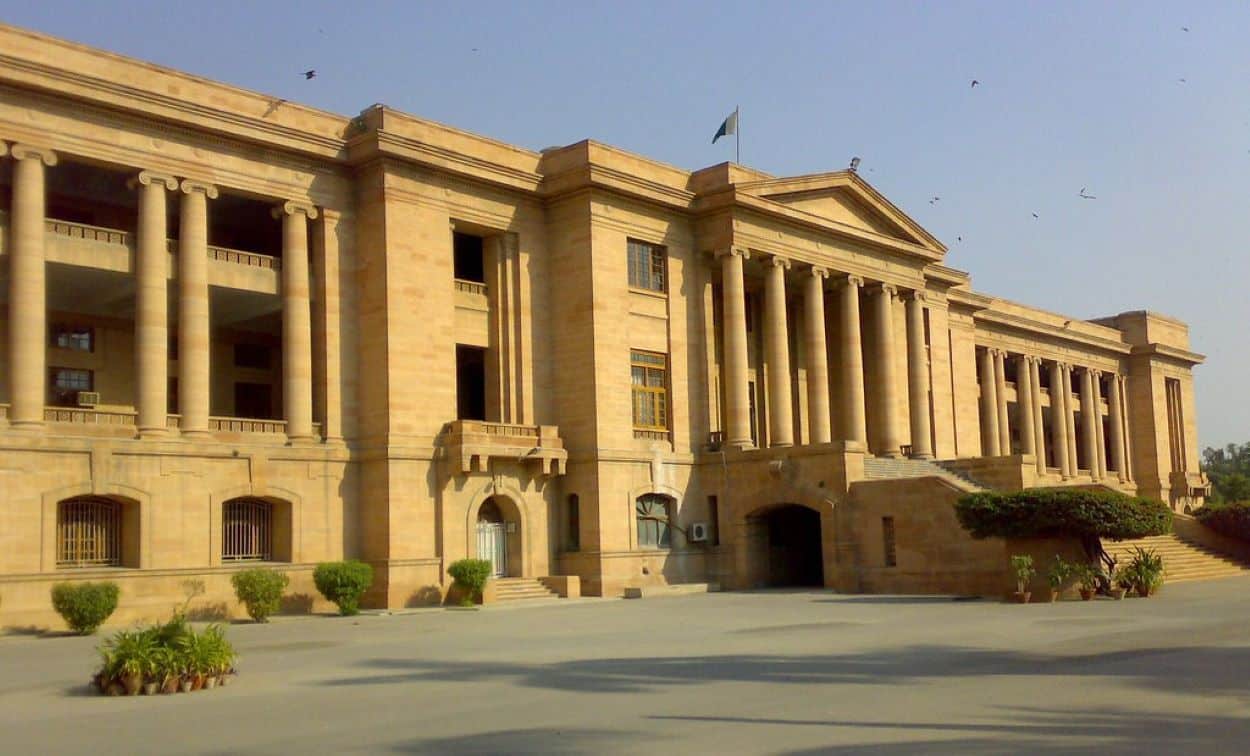On Wednesday, the Sindh High Court (SHC) criticized the federal government for halting internet services on election day, demanding an explanation for the disruptions. SHC Chief Justice Aqeel Ahmed Abbasi urged the immediate restoration of internet and social media nationwide, questioning the rationale behind making Pakistan an international spectacle.
This rebuke came as the court addressed petitions by lawyers Jibran Nasir, Hyder Raza, and the Public Interest Law Association of Pakistan. These petitions challenged the suspension of internet services, accusing various ministries and the Pakistan Telecommunication Authority (PTA) of obstructing social media and telecommunications access around the February 8 elections.
Previously, on January 24, the SHC issued a temporary order against service disruption, to remain in effect until January 29 unless specific legal conditions were met. Despite this, widespread service outages occurred on February 8, as millions voted, with the caretaker government citing security concerns—a move that drew widespread criticism.
The court also noted ongoing disruptions to the social media platform X, which has been inaccessible since former Rawalpindi commissioner Liaquat Chattha made accusations of election rigging.
Justice Abbasi lamented the election process’s global perception and the comprehensive nature of service disruptions, cautioning against suppressing public dissent too harshly. He questioned the point of holding elections if key positions were predetermined, reflecting on the recent power-sharing agreement between the PPP and PML-N.
The PTA’s defense cited security fears for the shutdowns, claiming they averted potential unrest. Yet, Justice Abbasi criticized the blanket approach to internet shutdowns, advocating for targeted restrictions in specific areas if necessary.
The court requested the federal government’s formal response to the internet suspension, insisting on service restoration. The hearing has been adjourned until March 5.






